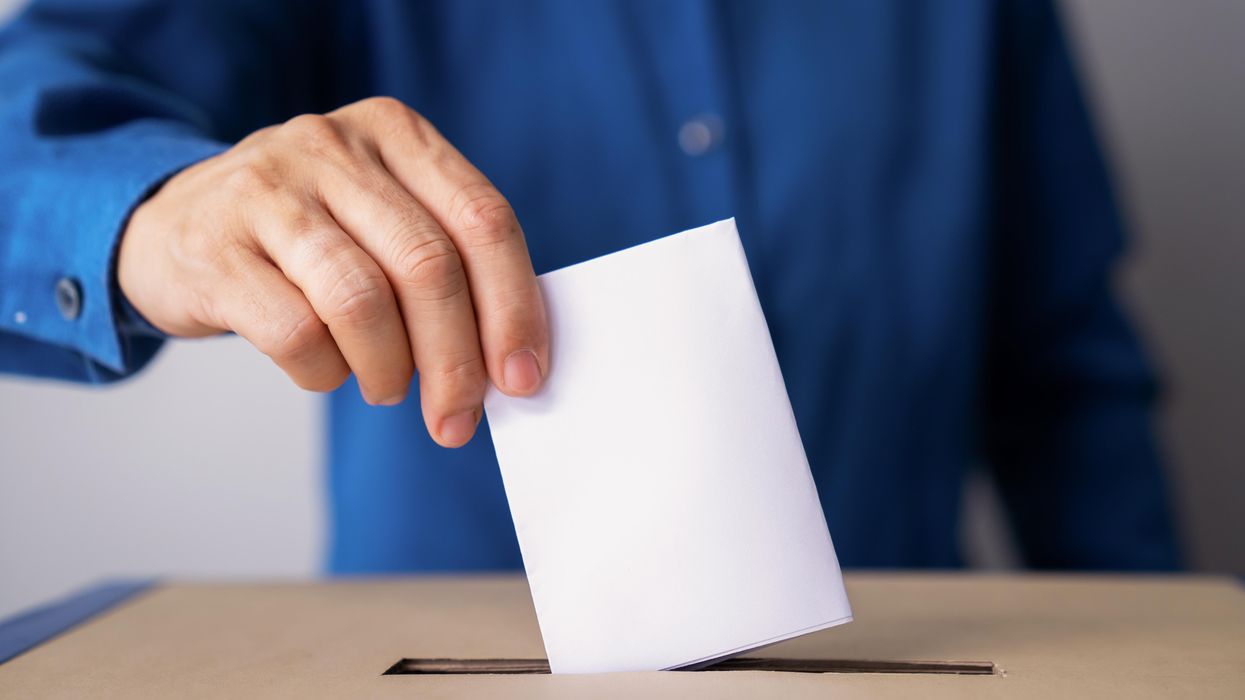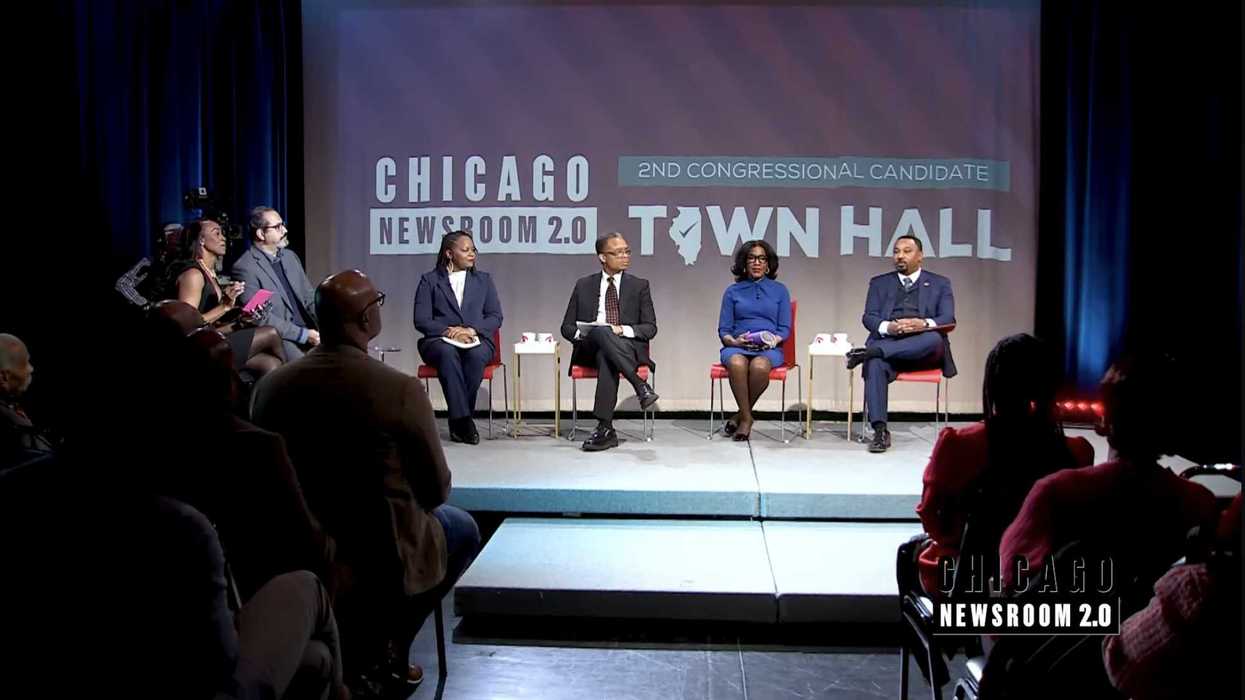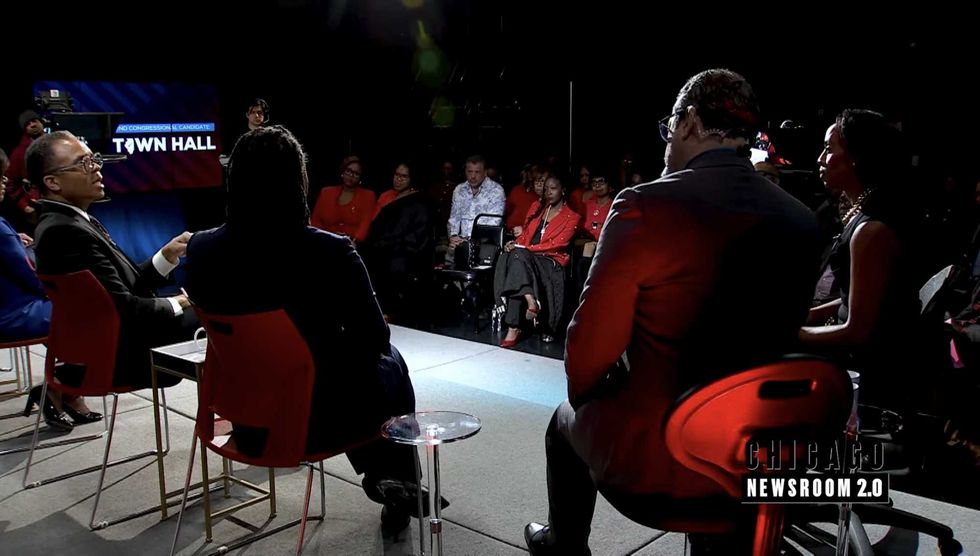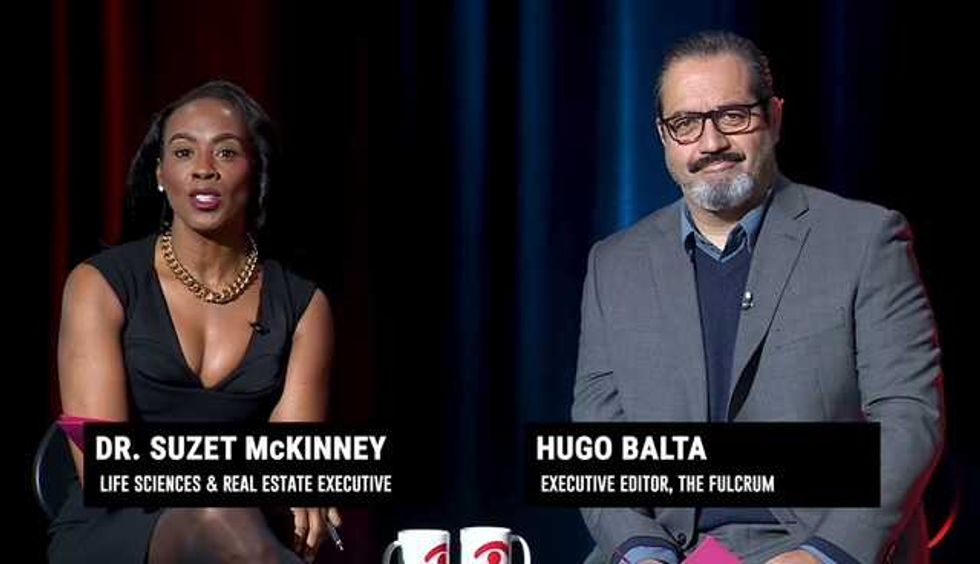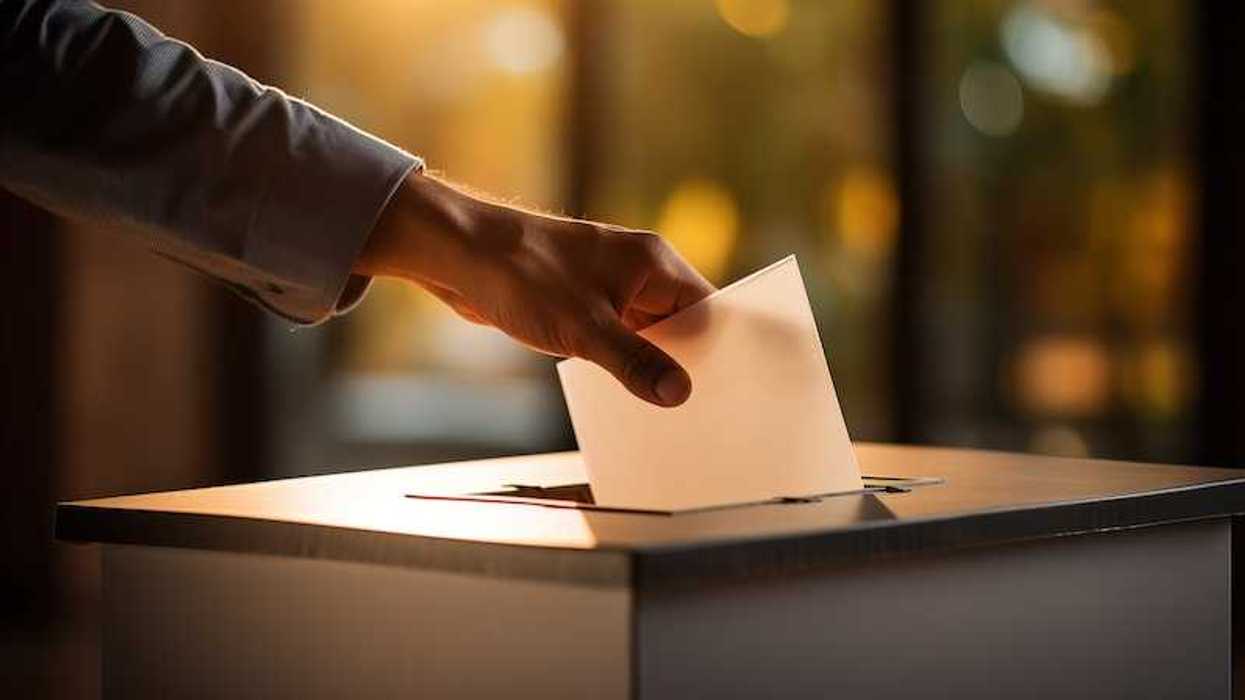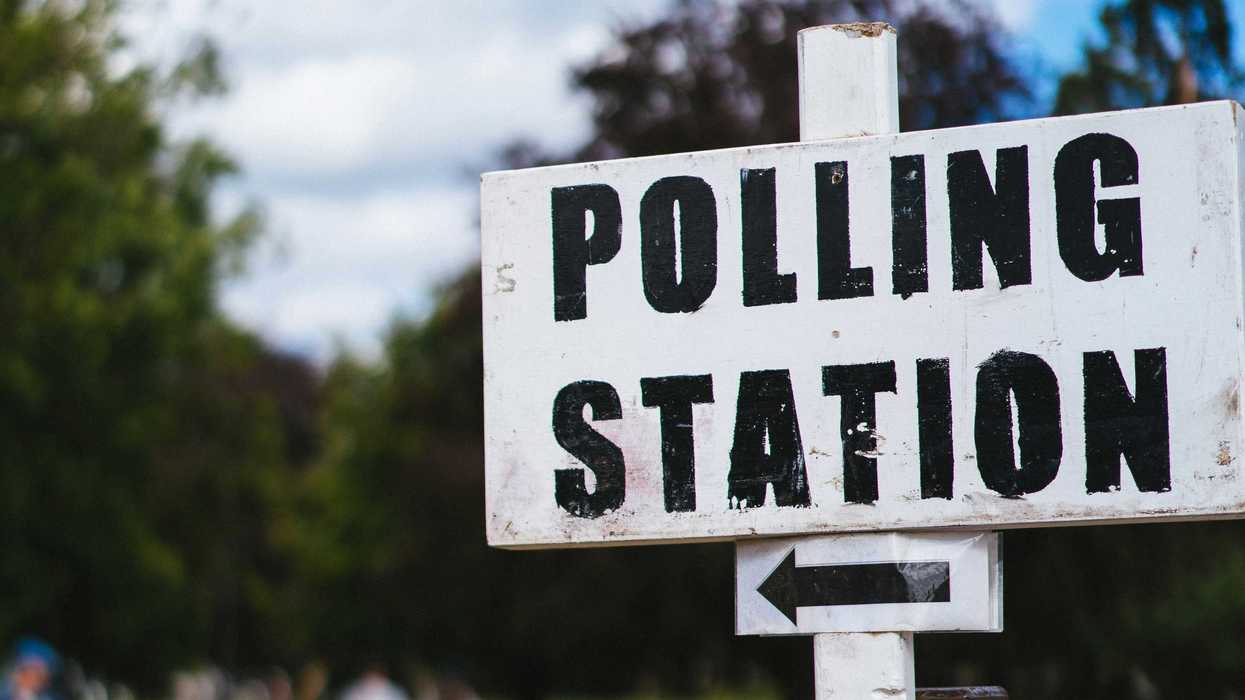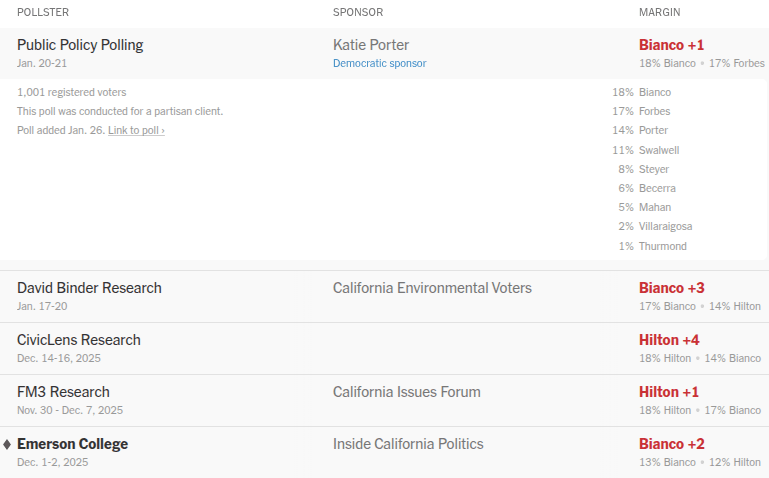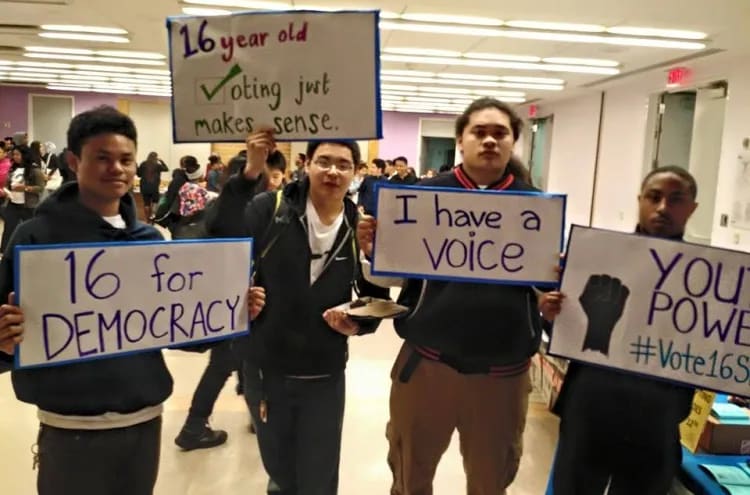This month, New Yorkers turned out in droves to vote in a historic election. More than 2 million people voted in the mayoral election – the highest in 50 years. Zohran Mamdani’s campaign succeeded in getting people involved in local New York City politics with hordes of people canvassing and volunteering for the candidate.
Now that the election is over, how can we keep this energy going? My research suggests one potential path forward. During my Ph.D. at Cornell, I studied the alternative ways that people get local information in today’s media environment. It’s no secret that local newspapers are struggling – since 2004, the number of journalists employed at newsrooms has dropped by about half.
So, for the past years, I have asked: If local newspapers are disappearing, where do people turn to instead?
Broadly, I found that people now turn to local online spaces to get crucial information about their communities. Most localities have some version of them. In some places, all the action happens on Nextdoor. In others, there’s one particular Buy & Sell group on Facebook that everybody goes to.
To understand this phenomenon, I started by talking with people about their local information needs, speaking with them about where they get information about civic issues like COVID outbreaks, schools, and local elections. I complemented these interviews with user surveys and data analyses of actual posts people made to Facebook, Nextdoor, and Reddit.
I struggled to find information on my local elections in New Jersey. So I turned to neighborhood forums to find information about my own mayoral candidates in Jersey City. The local reddit forum boasts 99,000 subscribers, almost one third of the city’s population. A few of the top candidates conducted an AMA on Reddit, where they answered people’s questions directly. Through this reddit forum, I also found a local Substack newsletter, run by a long-time member of the community. Though only one person runs the newsletter, and I don’t think the measly $5 per month donations offset all their efforts, this newsletter consistently provides analysis of local candidate policies and perspectives you can’t find elsewhere. On Youtube, a recording of the Mayoral Forum on Street Safety & Transportation sees the top candidates propose their traffic enforcement policy, with commenters who debate the most salient points.
When I cast my vote at City Hall on Sunday, these were the information stewards I was thanking. The moderators who organized the AMAs and let individuals ask questions, the newsletter writer who I’ve followed for years, and yes, even the YouTube comments that told me which points to pay attention to.
On these local online platforms, we desperately need good stewards of local information. We need these people precisely because these platforms have real problems. These spaces can be politically divided, toxic, and sometimes exclusionary. In my own work, I've found that Reddit's local communities tend to attract older, more educated users, and that Nextdoor posts can reflect troubling socioeconomic patterns.
But I have also witnessed so many examples where individuals made these imperfect spaces better. During the COVID-19 pandemic I talked to a nurse who spent her limited free time correcting misinformation in a local Facebook group chat. In my studies, people who followed historical pages about their city on Facebook told me they now viewed their city in a whole new light. A study I conducted on Reddit showed that people who participate in these online spaces are also more politically engaged and feel more closely tied to their communities. Good stewards don't just fill information gaps, but actively counter the platforms' worst tendencies. And you can be one of them.
Contributing to your local information ecosystem can also help you feel potent in the face of the national discourse. We’re going through a government shutdown right now, and while you may not be able to reinstate SNAP benefits for the entire nation, you can find out and synthesize how to donate to local food banks. These contributions don’t have to be constant: if you have 15 minutes free on a Sunday, you can make a difference to someone’s life.
I encourage you to take action on this today. You can start small: reply to questions on Nextdoor, or post useful information on your local Facebook group. Or go bigger: become a moderator on your local subreddit. Answer someone's question about the school board candidates. Share what you learned at the city council meeting. Explain ballot measures in plain language. You turned out to vote. Now get out and post.
Marianne Aubin Le Quéré is a Postdoctoral Research Fellow at Princeton’s Center for Information Technology Policy. She is a Public Voices Fellow on Technology in the Public Interest of the OpEd Project.





